order histories, retained contact details for faster checkout, review submissions, and special promotions.
Forgot password?
order histories, retained contact details for faster checkout, review submissions, and special promotions.
Locations
Orders Processing,
Shipping & Receiving,
Warehouse
2 Shaker Rd Suites
B001/B101
Shirley, MA 01464
Production Lab
Floor 6, Suite 620
20700 44th Avenue W
Lynnwood, WA 98036
Telephone Numbers
Tel: +1 (206) 374-1102
Fax: +1 (206) 577-4565
Contact Us
Additional Contact Details
order histories, retained contact details for faster checkout, review submissions, and special promotions.
Forgot password?
order histories, retained contact details for faster checkout, review submissions, and special promotions.
GK / Glycerol Kinase
Glycerol Kinase
GK / Glycerol Kinase belongs to the FGGY kinase family. This protein is a key enzyme in the regulation of glycerol uptake and metabolism. It catalyzes the phosphorylation of glycerol by ATP, yielding ADP and glycerol-3-phosphate. Mutations in this gene are associated with glycerol kinase deficiency (GKD). Alternatively spliced transcript variants encoding different isoforms have been found for this gene.
| Gene Name: | Glycerol Kinase |
| Family/Subfamily: | Non-protein Kinase , not assigned-Non-protein Kinase |
| Synonyms: | GK, GKD, GK1, Glycerokinase, Glycerol kinase |
| Target Sequences: | NM_000167 NP_000158.1 P32189 |


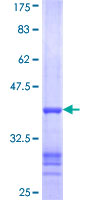
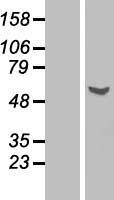
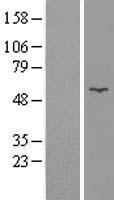
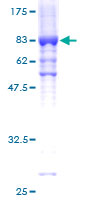


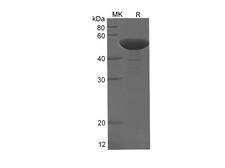
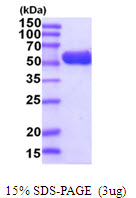
If you do not find the reagent or information you require, please contact Customer.Support@LSBio.com to inquire about additional products in development.









